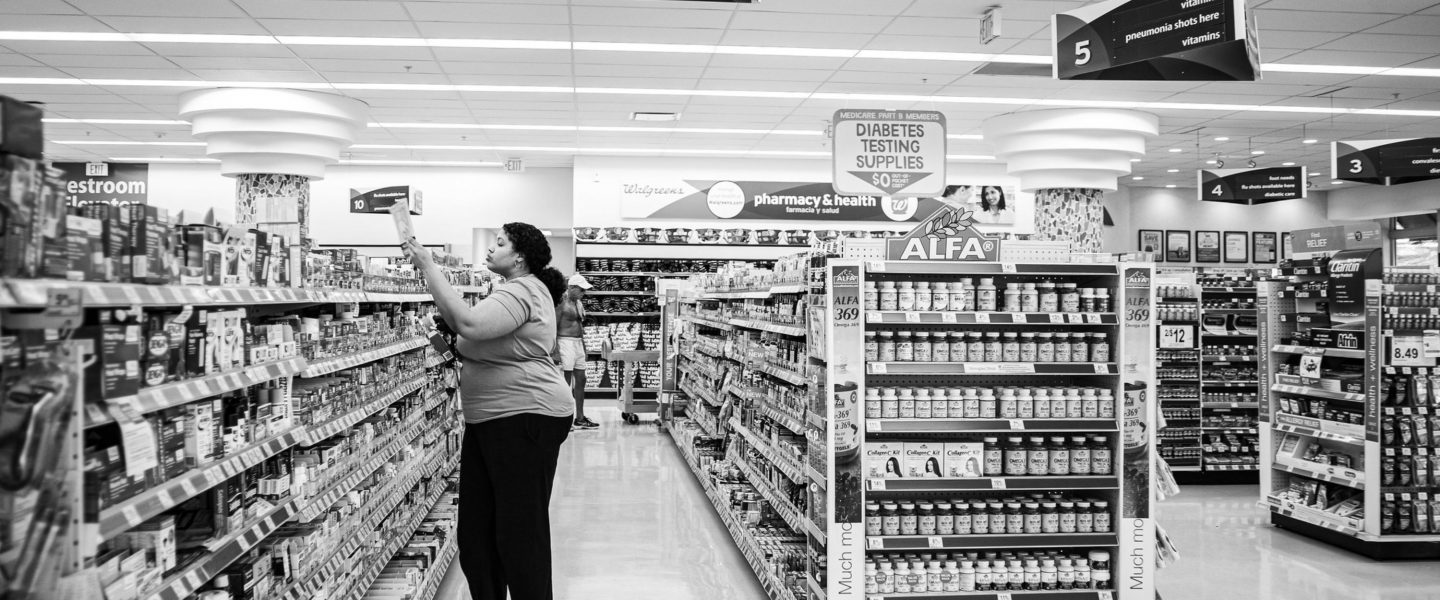Millions of Americans Skip Medication to Save Money
Almost a quarter of uninsured American adults on prescription drugs try to save money by taking less medication than prescribed, according to a new CDC study.
|
Listen To This Story
|
Almost a quarter of uninsured American adults on prescription drugs try to save money by taking less medication than prescribed, according to a new Centers for Disease Control and Prevention (CDC) study. But it’s not just those without insurance who are jeopardizing their health in this way. Overall, millions of Americans skip doses, take less medication than prescribed, or delay filling a prescription.
“High costs may limit individuals’ access to medications and lead to people not taking
medication as prescribed,” the study, which was released Friday, found. “This may result in more serious illness and require additional treatment.”
In total, 1 in 12 adults between the ages of 18 and 64 did not take their medication as prescribed to save money. That adds up to over 9 million Americans, the CDC’s National Center for Health Statistics found in its National Health Interview Survey for 2021.
Those who needed the medications the most were also the most likely to not take them as prescribed.
For example, 20 percent of adults with disabilities tried to save money by cutting back on prescribed doses. That is nearly three times as many as people without disabilities.
In addition, adults who described themselves as being in fair or good health were also nearly three times more likely (18 percent) to stretch their medications than those who said they were in excellent, very good, or good health (6.3 percent).
Depending on the illness and the medication, skipping doses may have serious consequences. For example, patients may be in greater pain, see treatments fail, experience symptoms of withdrawal, face serious complications, or increase their risk of suffering serious illnesses, such as heart attacks or strokes.
Therefore, while these individuals might feel as though they are reducing costs, they may end up paying more in the long run — both in terms of their health and their health care expenses.
While the CDC found that age was not a major factor in determining who would not take medication as prescribed to cut corners, women (9.1 percent) were more likely to do so than men (7.0 percent).
And not only insurance status, level of health, and income played a role, but also race. White (7.4 percent) and Asian (6.8 percent) patients were less likely to try to save money in this way than Hispanic (9.7 percent) and Black (10.4 percent) patients.
One interesting finding was that adults enrolled in Medicaid, who generally have lower incomes, were less likely to skip their medications than average Americans.
The study also found that total out-of-pocket spending on retail drugs rose 4.8 percent to $63 billion in 2021.
While the number of uninsured Americans has been dropping, there were still 27.5 million nonelderly people without insurance in the US in 2021.
The findings of this study may be stunning, but they are not surprising.
Among peer nations, Americans pay more for health care than anybody else but experience the worst health outcomes.
In addition, the US is the only high-income country without universal health insurance.

